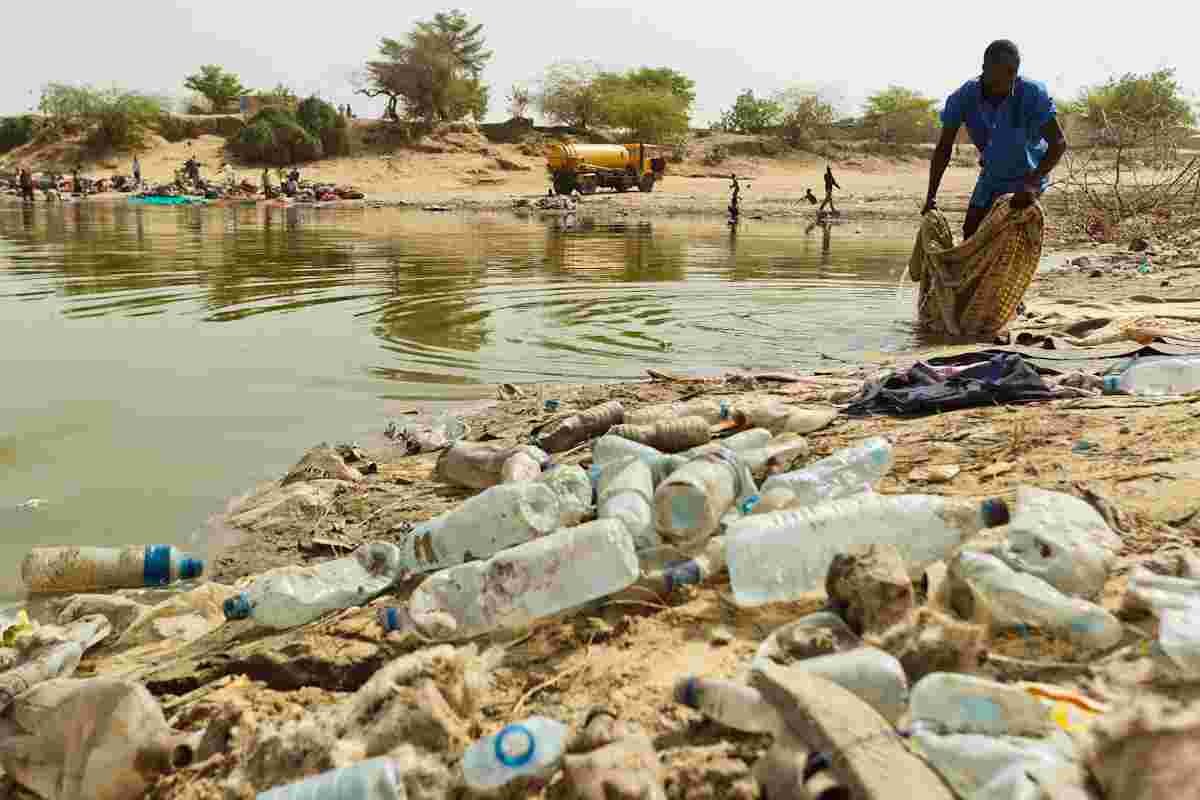Water contamination is a serious problem that can occur anywhere where water flows. Water Contamination can cause a wide range of health problems, from gastrointestinal issues to skin rashes. By understanding the factors that cause water contamination, you can take steps to protect yourself and your family from harmful toxins in your water supply.
Table of Contents
How Does Water Become Contaminated?
There are many different ways that water can become contaminated. One of the most common sources of pollution in the water is runoff from agricultural fields. In addition, sewage and septic systems can contaminate the water supply by releasing bacteria and viruses into the surrounding environment. Poor plumbing also can be a source of water contamination, especially if the plumbing systems are not adequately maintained. Another source of water pollution is industrial waste, such as motor oil and pesticides. Chemicals released into the environment can make their way into lakes and rivers, which are absorbed into the soil and passed into groundwater. Pesticides can also find their way into streams and lakes through animal waste or poor farming practices.
What are the Symptoms of Water Contamination?
According to the World Health Organization, symptoms of waterborne disease include diarrhea, vomiting, fever, headache, muscle pain, cramps, jaundice, and dehydration. Exposure to contaminants in water can also cause skin irritation or inflammation, as well as redness and itching of the eyes, nose, and throat. Prolonged exposure to contaminated water can result in serious illness and diseases or even death.
How Can I Prevent Water Contamination?
There are a few things that you can do to protect your family against water contamination. First, ensure all of your household plumbing is installed correctly and maintained in good working order. If you are living in a home with a septic tank, make sure to have the tank pumped regularly so that dangerous chemicals do not build up in the tank. You also safely disposed of all toxic waste products safely by placing them in a hazardous waste container instead of pouring them down the drain. Avoid using unsafe cleaning products, particularly those that contain chlorine bleach. Store these products in their original containers in a locked cabinet. Finally, make sure to take proper care of your water system by flushing out the pipes regularly to get rid of sediment that has built up in the lines.
What are some Different Types of Water Contaminants?
There are a variety of potential sources of water pollution. Various chemicals and pesticides can be released into the environment through waste disposal or improper agricultural practices. Heavy metals and other toxic substances can enter waterways due to mining activities and industrial processing. Sewage effluent is another source of water pollution. Wastewater from homes, factories, and businesses contain disease-causing bacteria and viruses that are harmful to humans and fish. Other sources of pollution include oil slicks from oil spills and runoff from fertilizers used on agricultural fields. These are just a few of the many sources of water pollution.
What to do if you Have Been Exposed to Contaminated Water?
Exposure to contaminated water can have serious health consequences. If you have been exposed to contaminated water, you should seek medical attention immediately. Keep in mind that not all symptoms will develop immediately after exposure, and some may not appear until days or weeks later. If you get medical treatment for one of these conditions, be sure to document the date and time of the treatment. This will allow you to provide any necessary evidence to your insurance company in the event that you need to file a claim for compensation.
Cases like Camp Lejeune’s harmful chemical exposure may qualify you for legal compensation. Personal injury attorneys are experienced in handling cases involving personal injury caused by exposure to contaminated water. They understand the laws and regulations governing this type of claim and can provide you with the representation you need to pursue a successful outcome.
Working with an attorney can help you maximize the value of your claim and avoid common pitfalls that often result in low settlements or inadequate compensation for your injuries.

